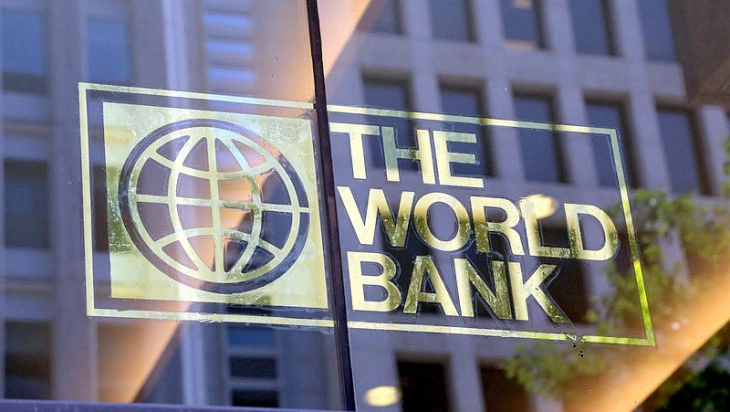World Bank plans to provide North Macedonia with €700 million to support implementation of new strategy
- Building on a successful 30-year partnership, the World Bank Group and North Macedonia will cooperate to enhance the country’s competitiveness, develop human capital, and strengthen climate resilience, according to a new strategy for the years 2024-2028 discussed by the World Bank Group’s Board of Executive Directors.

Skopje, 24 January 2024 (MIA) - Building on a successful 30-year partnership, the World Bank Group and North Macedonia will cooperate to enhance the country’s competitiveness, develop human capital, and strengthen climate resilience, according to a new strategy for the years 2024-2028 discussed by the World Bank Group’s Board of Executive Directors.
“The strategy emphasizes the need for North Macedonia to boost growth to create more jobs in a context that continues to rely on micro and small enterprises with limited access to skills and finances that are needed to innovate and grow in increasingly competitive domestic, regional and global markets. Insufficient opportunities for dynamic jobs fuel outmigration, deepening demographic challenges and hindering productivity improvements,” the World Bank said in a press release.
"To sustain North Macedonia's development, the priority is to create appealing job opportunities, especially for the youth," said Massimiliano Paolucci, the World Bank Country Manager for Kosovo and North Macedonia. "This means we need to create conditions for the private sector to be an engine of growth and job creation, enhance children's foundational skills, and improve social and healthcare services so that North Macedonia grows as an attractive investment destination."
The strategy envisages a renewed effort to promote greater connectivity with regional and global markets to facilitate trade and progress towards North Macedonia’s accession to the European Union, reads the press release.
To support the implementation of the new strategy, the World Bank plans to provide North Macedonia with approximately 700 million euros in financing over the next five years, along with advisory and technical assistance programs.
According to the World Bank, the strategy acknowledges that boosting growth and creating new jobs requires complementary reforms to enhance competitiveness. It will support targeted interventions in the areas of public institution accountability and fiscal sustainability to improve the quality of public service delivery. The strategy will also support the shift to cleaner energy sources, given that North Macedonia currently relies on highly polluting lignite coal and oil for 70 percent of its energy and to the expansion of climate-resilient infrastructure to mitigate the impact of floods, landslides, and wildfires.
The green transition will receive a significant boost from increased support from International Finance Corporation (IFC), a member of the World Bank Group.
"Bringing in private capital to invest in renewable energy and energy efficiency is needed to maintain North Macedonia’s sustainable development trajectory," emphasized Nicolas Marquier, IFC Regional Manager for the Western Balkans."We are also committed to expand access to finance for micro, small and medium enterprises (MSMEs) and to invest in modern commercial and industrial infrastructure."
In addition to discussing the new strategy for North Macedonia, the World Bank's Board of Executive Directors approved two new investment projects for the country last week. The Second Social Services Improvement Project worth 27,5 million euros aligns with the overall strategy to bolster and broaden reforms with the aim of improving access to and the quality of social services, as well as early childhood education and care. An additional financing of 31 million euros to the North Macedonia Road Upgrading and Development Project will help to improve transport connectivity along Corridor VIII between Skopje and Deve Bair, reads the press release.
Photo: MIA archive







